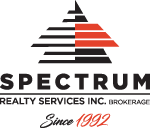4 Tips for Living In — and Renting — a Duplex
While traditionally single-family homes have dominated the market, multi-unit properties like duplexes are becoming more and more common. A duplex is a home with two separate units, allowing for privacy between two residents. It offers the opportunity for homeowners to live in one unit while renting out the other, providing an additional source of income.
If you’re thinking of going this route with your next home there are a few things to keep in mind.
It pays to be handy
One of the advantages of owning a duplex is the potential for rental income. However, it's important to remember that being a landlord comes with responsibilities and expenses. Regular maintenance and capital costs can add up quickly, and hiring professionals for every little thing can eat into your profits.
Basic maintenance skills related to plumbing (fixing a leaky faucet), electrical (installing dimmers or fixtures), and other miscellaneous home tasks (e.g. patching drywall) can help ensure you’re making the most, financially, of your arrangement. You can teach yourself through watching youtube videos, or getting someone you know to show you how to do it yourself, this will help you save a significant amount in the long run.
Be selective in who you rent to
Living in a duplex means having tenants as your next door neighbours or in your basement. While this arrangement can have its benefits, it's important to find tenants who are respectful, responsible, and compatible with your lifestyle. You also don't want someone who will cause damage to the property (always ask for a damage deposit along with the first month's rent).
Conduct thorough background checks, including credit and rental history, to ensure that you are renting to reliable individuals who will take care of the property.
Run the numbers
Your rental income is not all profit, so you need to budget accordingly. These can include property taxes, repairs, mortgage insurance, and many more. But, you do get certain advantages living and renting in the same space: you can write off half of your property taxes and the cost of maintenance, etc.; you can make a lower down payment than you would have to make on a rental property.You’ll also have to account for the fact that you may not have tenants every single month, and you’ll want to ensure fair market rent in your area works with your cash flow.
Familiarize yourself with tenant law
It is important to familiarize yourself with tenant laws and regulations in your area. In Ontario, if there is already a lease in place when you purchase the property, it remains valid even after ownership changes. This means you cannot evict tenants who have an active lease, and you'll need to wait until the lease period ends. If the tenant is on a month-to-month agreement, you must give them a written notice of termination at least 60 days in advance.
It is also important to remember that you must move into the rental property yourself, have a family member move in, or hire a caregiver to provide services before you can evict tenants using a N12 form for personal use. Tenants who have a N12 can file a lawsuit for wrongful eviction if their landlord evicts them in good faith but then rents to someone else.
It is essential to carefully consider the responsibilities and expenses that come with being a landlord and living in a duplex home. At Spectrum Realty, we are here to help you with any questions you may have in regards to living and renting multi-unit properties! Contact our team today.


